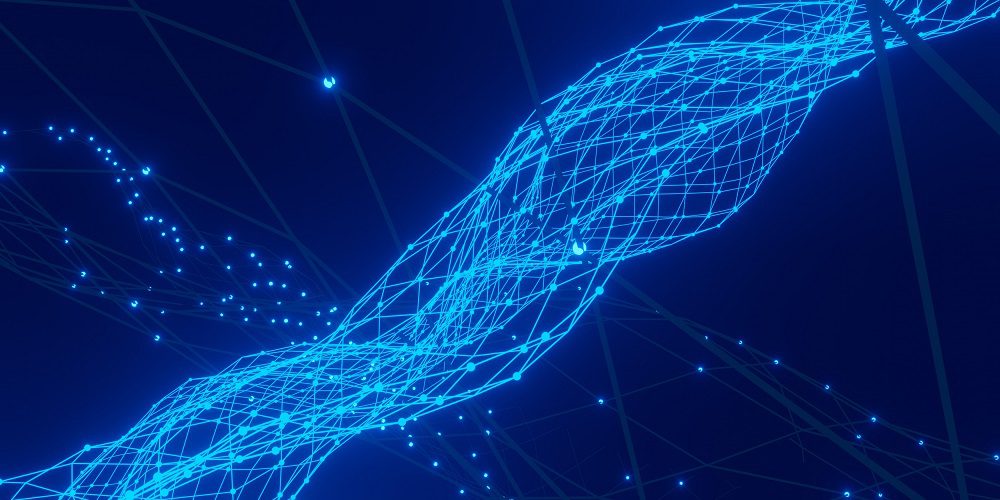Introduction
In the ever-evolving landscape of the digital age, the internet has become an integral part of our daily lives. However, despite its pervasive influence, numerous misconceptions surround this vast network of interconnected devices. In this comprehensive guide, we will delve into and debunk some of the most prevalent myths about the internet, shedding light on the truth behind the pixels.
Common Misconceptions About the Internet
1: The Internet and the World Wide Web Are the Same Thing
One of the most common misconceptions is the interchangeable use of the terms “internet” and “World Wide Web” (WWW). In reality, the internet is the overarching infrastructure that connects millions of networks globally, while the World Wide Web is just one of the applications that operate on the internet. By clarifying this distinction, users can gain a better understanding of the internet’s multifaceted nature.
2: Incognito Mode Provides Complete Privacy
Many users believe that browsing in incognito or private mode ensures absolute privacy. However, this feature primarily prevents the browser from storing local data, such as cookies and browsing history. It does not make users completely anonymous. Internet service providers, websites, and other entities can still track user activity. Understanding the limitations of incognito mode is crucial for maintaining a realistic perspective on online privacy.
3: More Megapixels Equal a Better Internet Connection
Some individuals mistakenly associate the quality of their internet connection with the megapixels of their devices’ cameras. In truth, megapixels are related to the resolution of images, not the speed or reliability of internet connections. This misconception often leads users to invest in higher-resolution cameras, thinking it will enhance their internet experience, when, in fact, the two are unrelated.
4: The Internet Is a Lawless Space
Contrary to popular belief, the internet is not a lawless frontier. While it operates globally, it is subject to a complex network of laws and regulations. Issues such as cybercrime, copyright infringement, and online harassment are addressed through legal frameworks. Understanding the legal landscape of the internet is crucial for responsible online behavior and fostering a safer digital environment.
5: All information on the Internet is accurate.
The internet is an invaluable resource for information, but not all content is reliable. Misinformation, disinformation, and fake news are prevalent, and users must be discerning when consuming online content. Fact-checking and corroborating information from multiple sources are essential practices to ensure the accuracy and credibility of the information found on the internet.
6: The Internet Is Infinite
While the internet seems boundless, it is not infinite. The internet relies on physical infrastructure, including servers, data centers, and network cables. Understanding the limitations of these resources is essential, especially with the increasing demand for data-intensive services. Exploring the concept of internet scalability helps users appreciate the challenges and innovations driving the expansion of this vast network.
7: Email attachments are always safe.
Emails have become a primary communication channel, and attachments are commonly used to share files. However, the belief that email attachments are always safe can lead to security vulnerabilities. Malicious attachments, such as viruses and malware, can compromise the security of both individuals and organizations. Implementing robust email security measures is essential to protect against cyber threats.
8: The Internet Is a Single Entity Controlled by a Central Authority
Contrary to the misconception that the internet is a monolithic entity controlled by a central authority, it is a decentralized network. No single organization or government governs the entire internet. Instead, it operates through a distributed system of protocols and organizations, contributing to its resilience and global accessibility.
9: Deleting files permanently erases them.
Many users believe that deleting files from their devices or online accounts permanently erases them. However, the reality is that deleted files often linger in storage until overwritten by new data. Understanding the importance of secure data deletion practices, such as using encryption and secure erase tools, is vital for safeguarding sensitive information.
10: Search Engine Optimization (SEO) Guarantees Instant Success
In the realm of online presence, search engine optimization (SEO) plays a crucial role. However, the misconception that SEO guarantees instant success is far from the truth. SEO is a long-term strategy that requires consistent effort, content quality, and adaptability to search engine algorithms. Users must understand the realistic expectations of SEO and commit to ongoing optimization practices for sustainable online visibility.
Conclusion
The internet is a dynamic and multifaceted ecosystem, and dispelling common misconceptions is essential for navigating it effectively. By understanding the nuances of internet-related concepts, users can make informed decisions, foster responsible online behavior, and contribute to a more secure and reliable digital environment. As the internet continues to shape our lives, debunking myths becomes a crucial step towards harnessing its true potential.

































